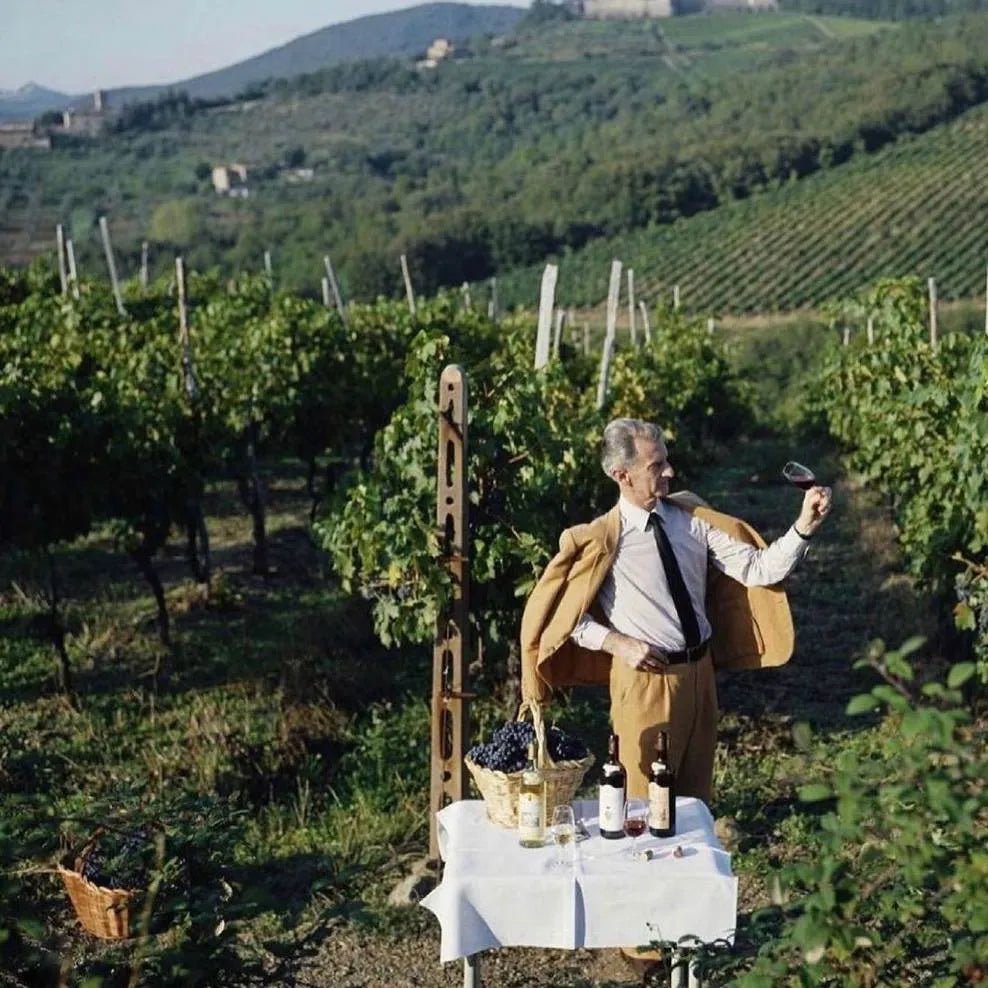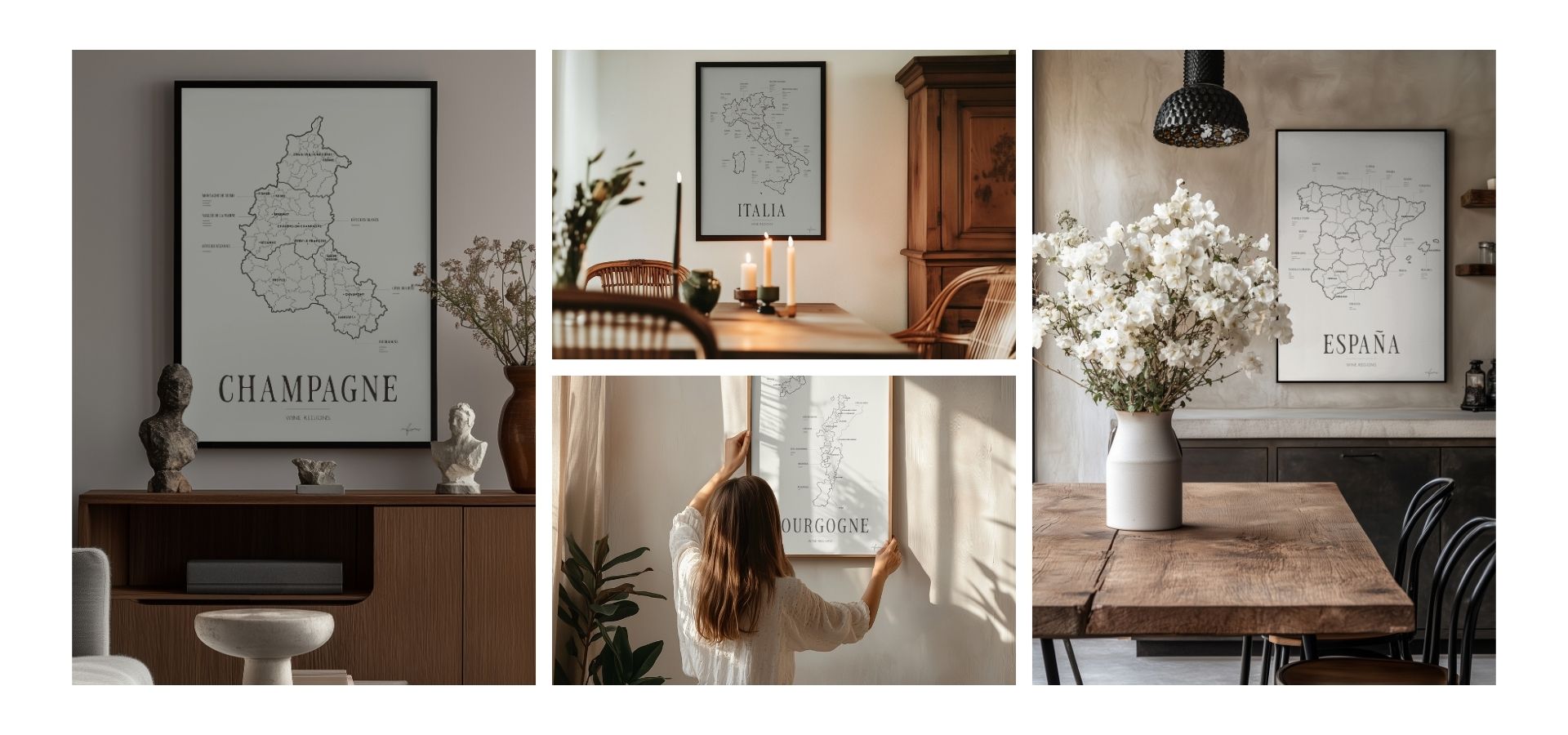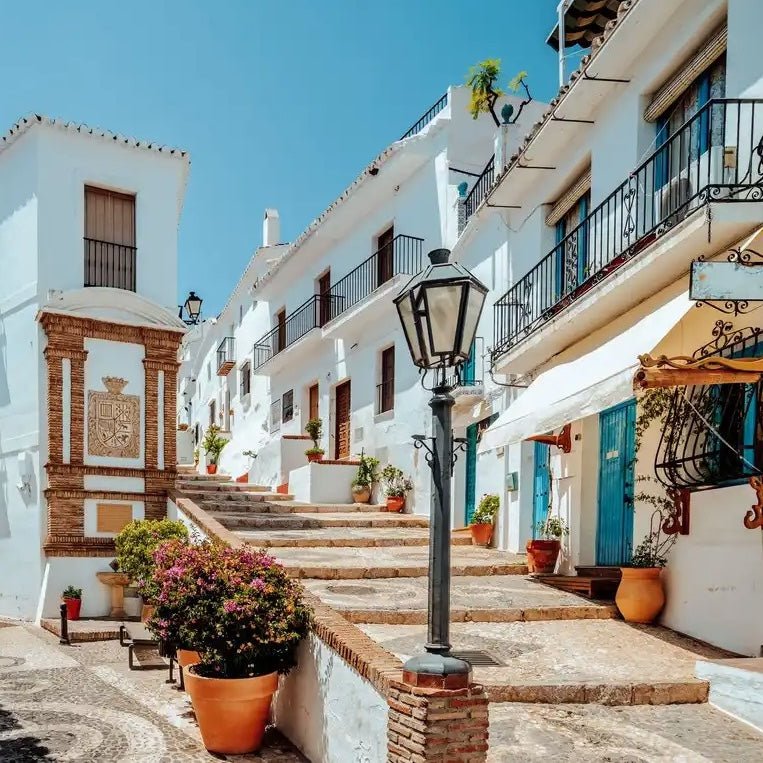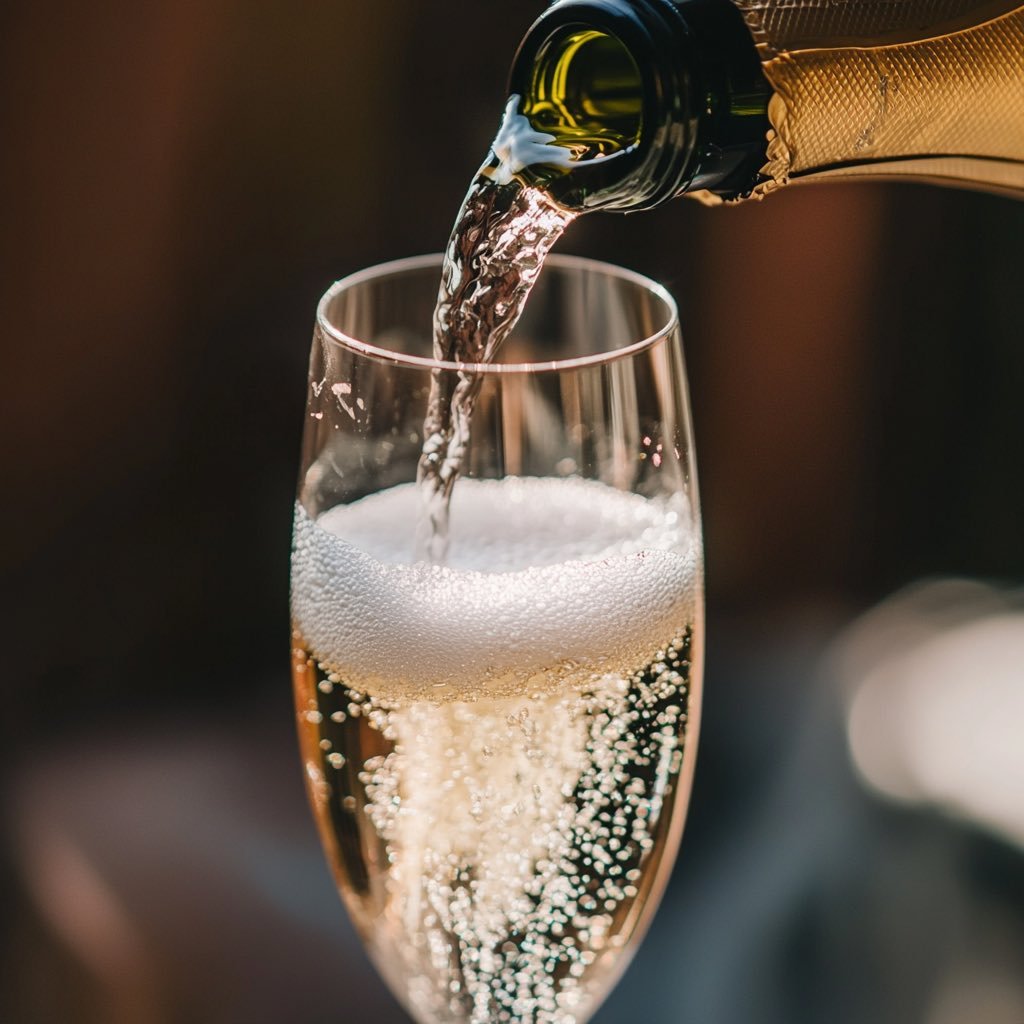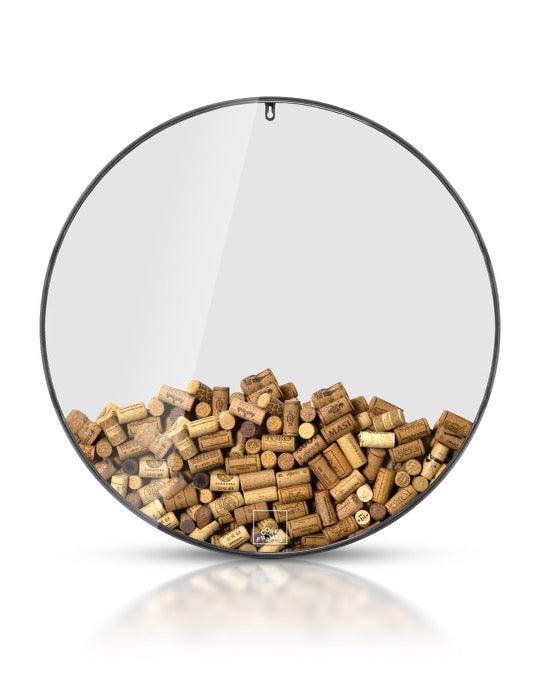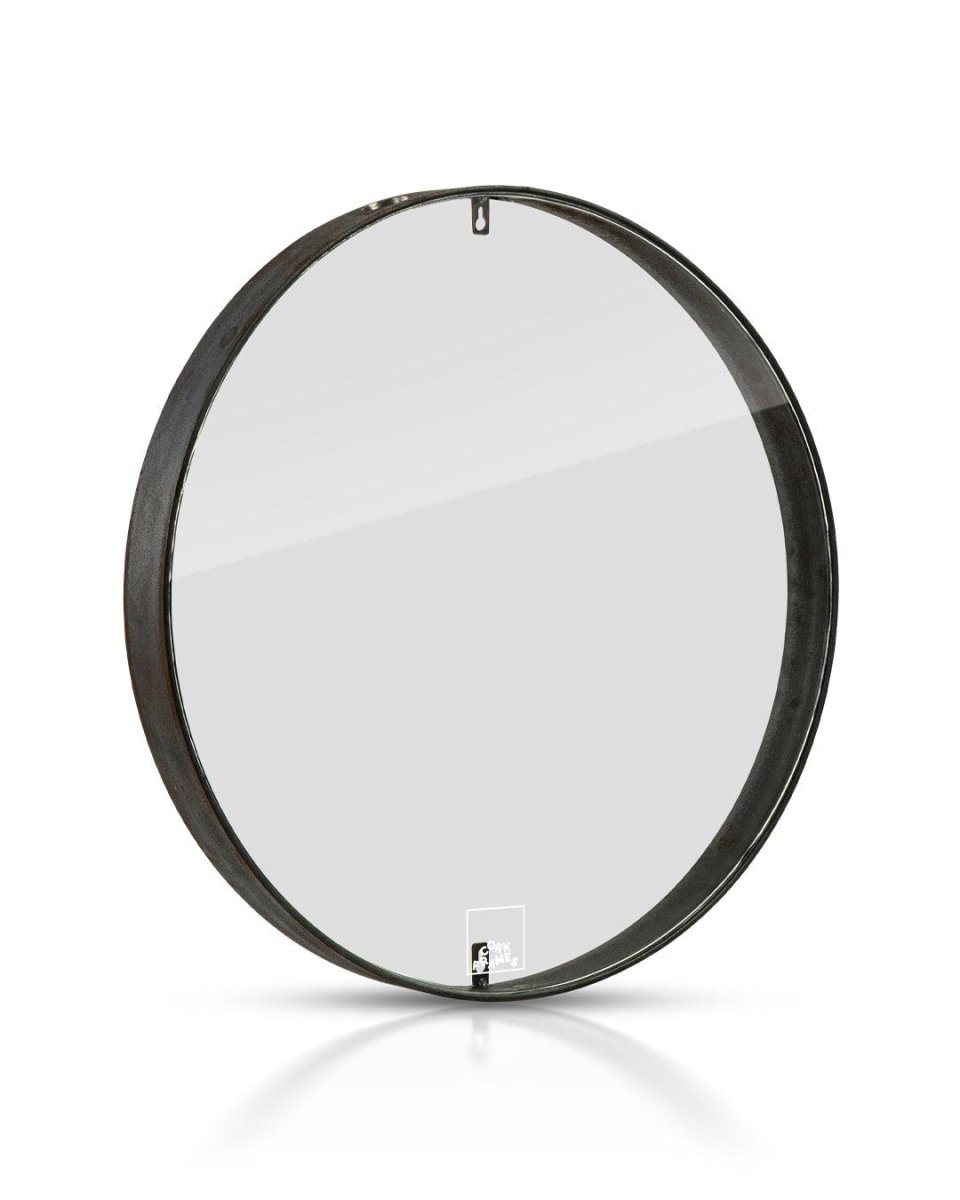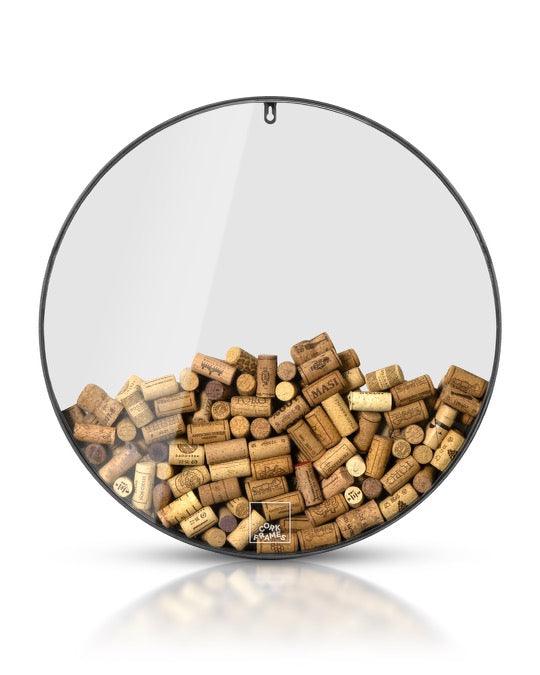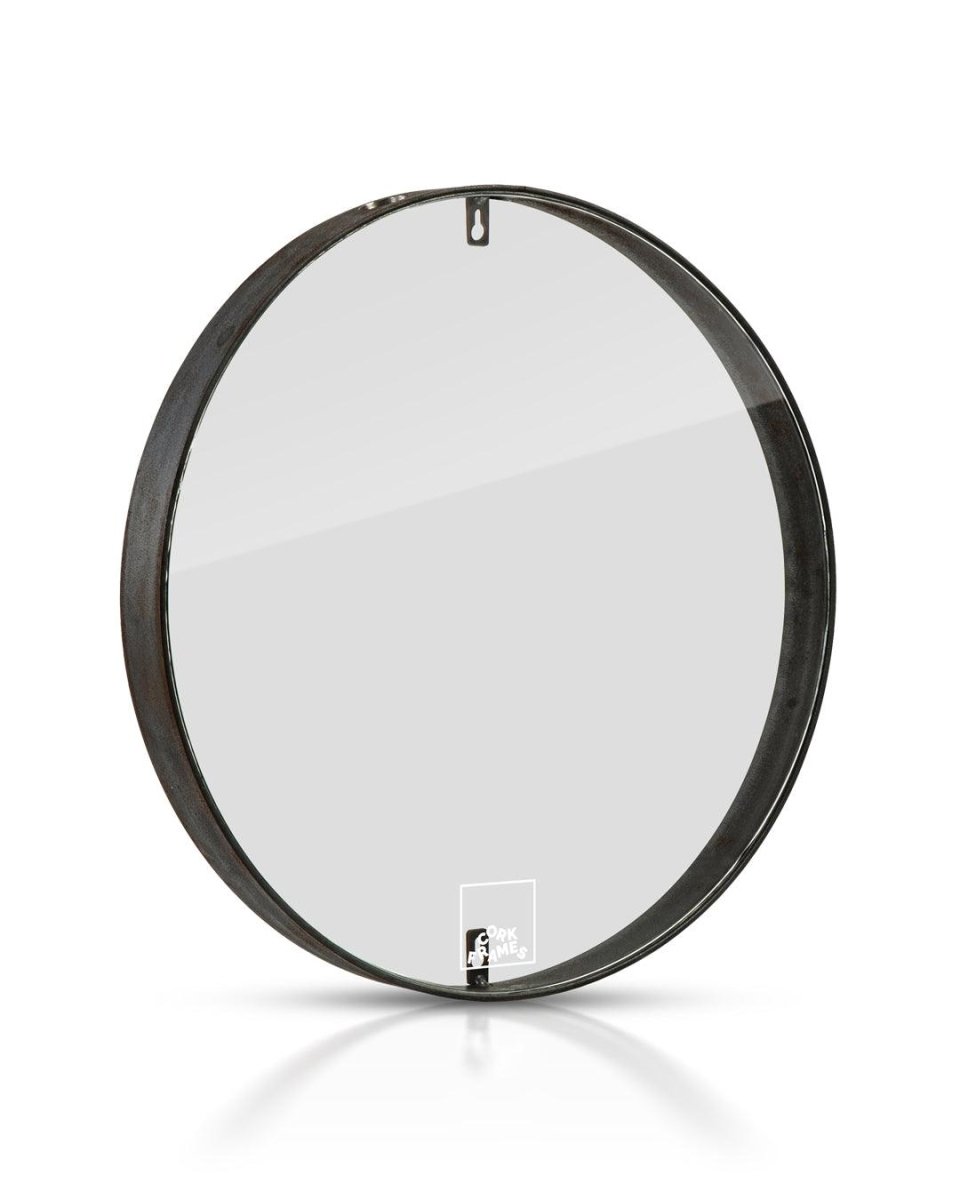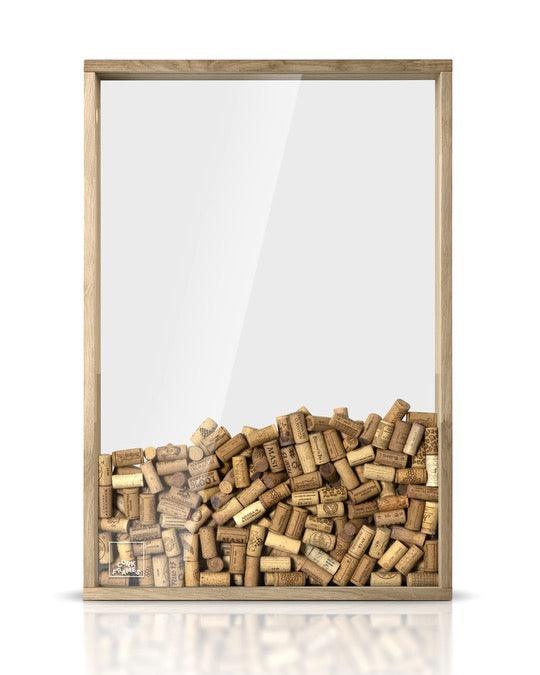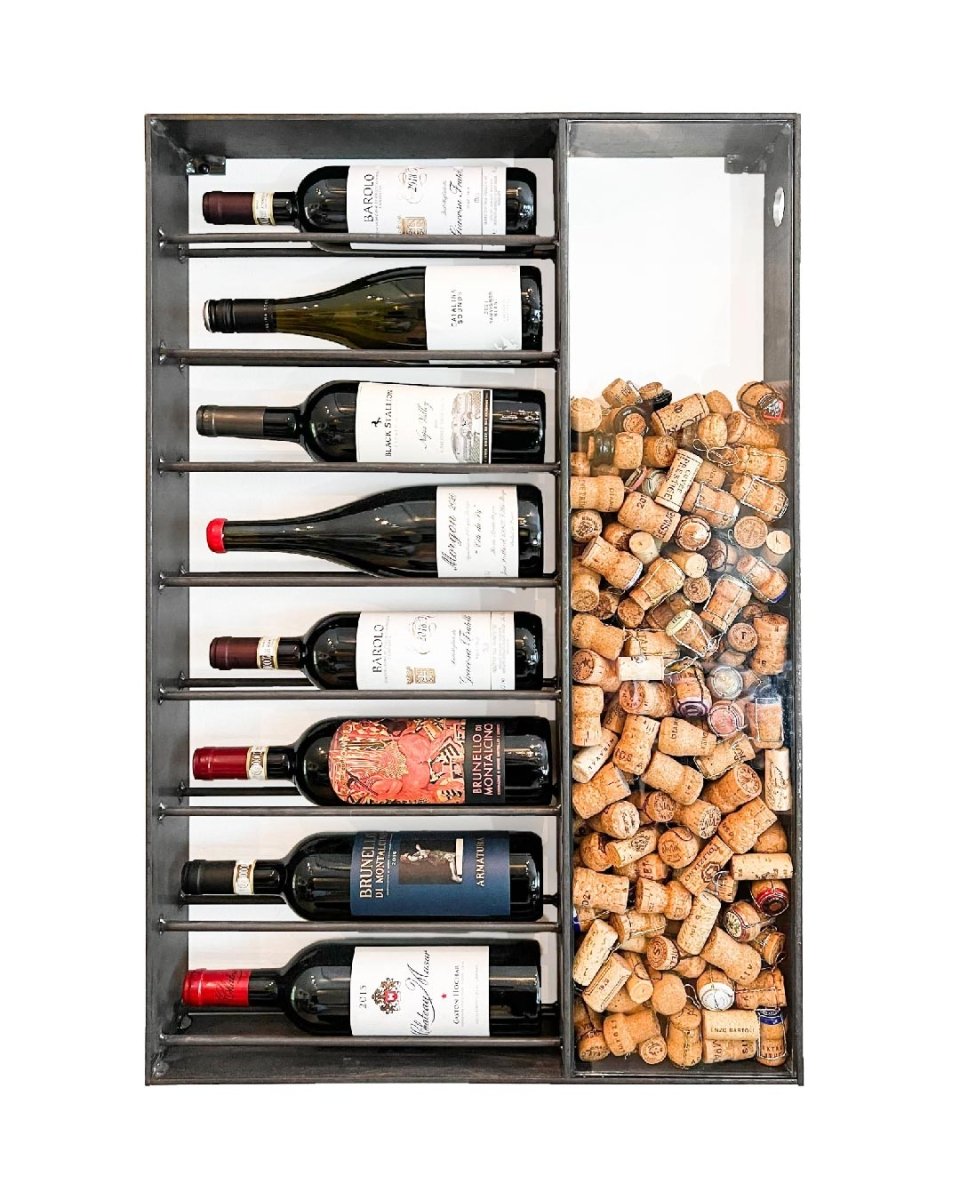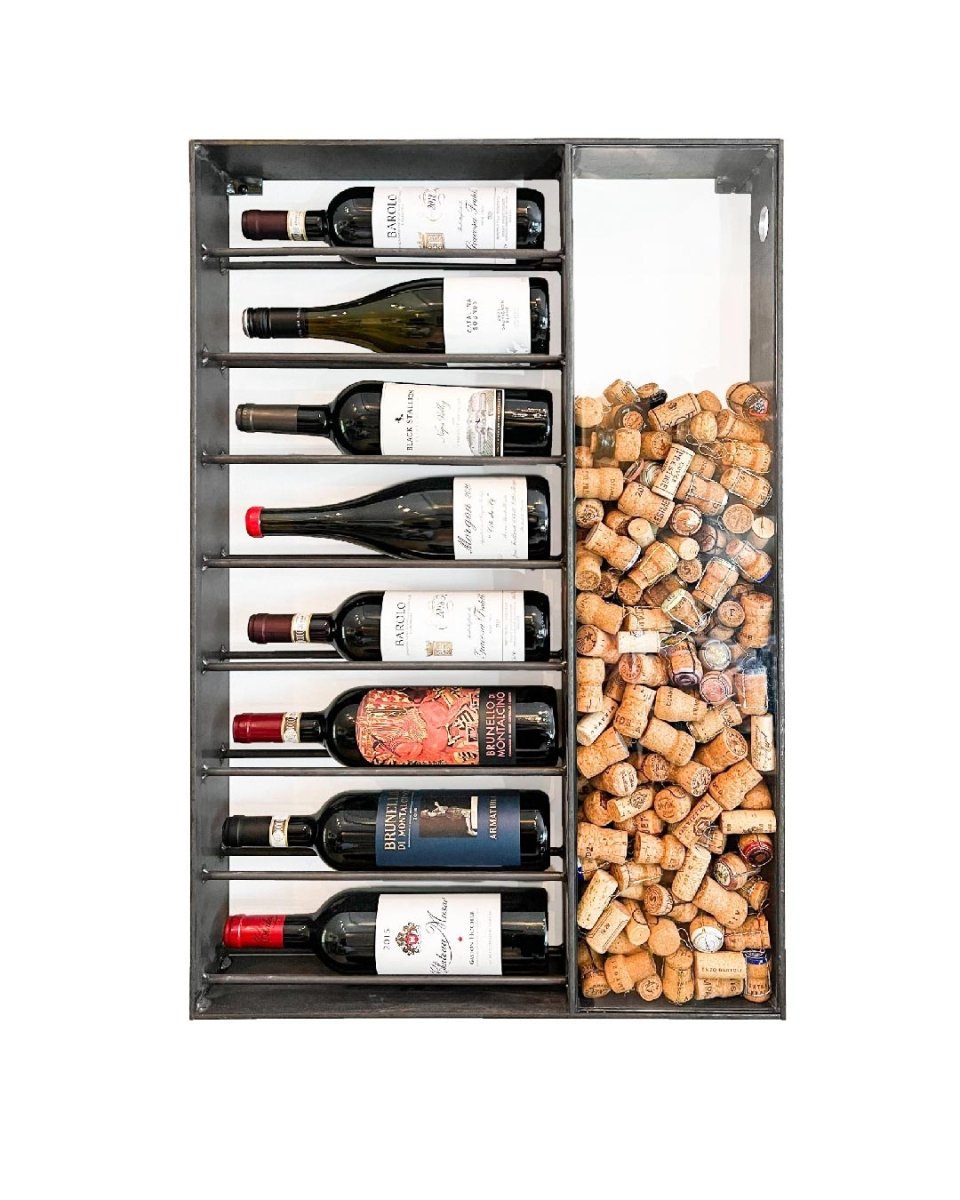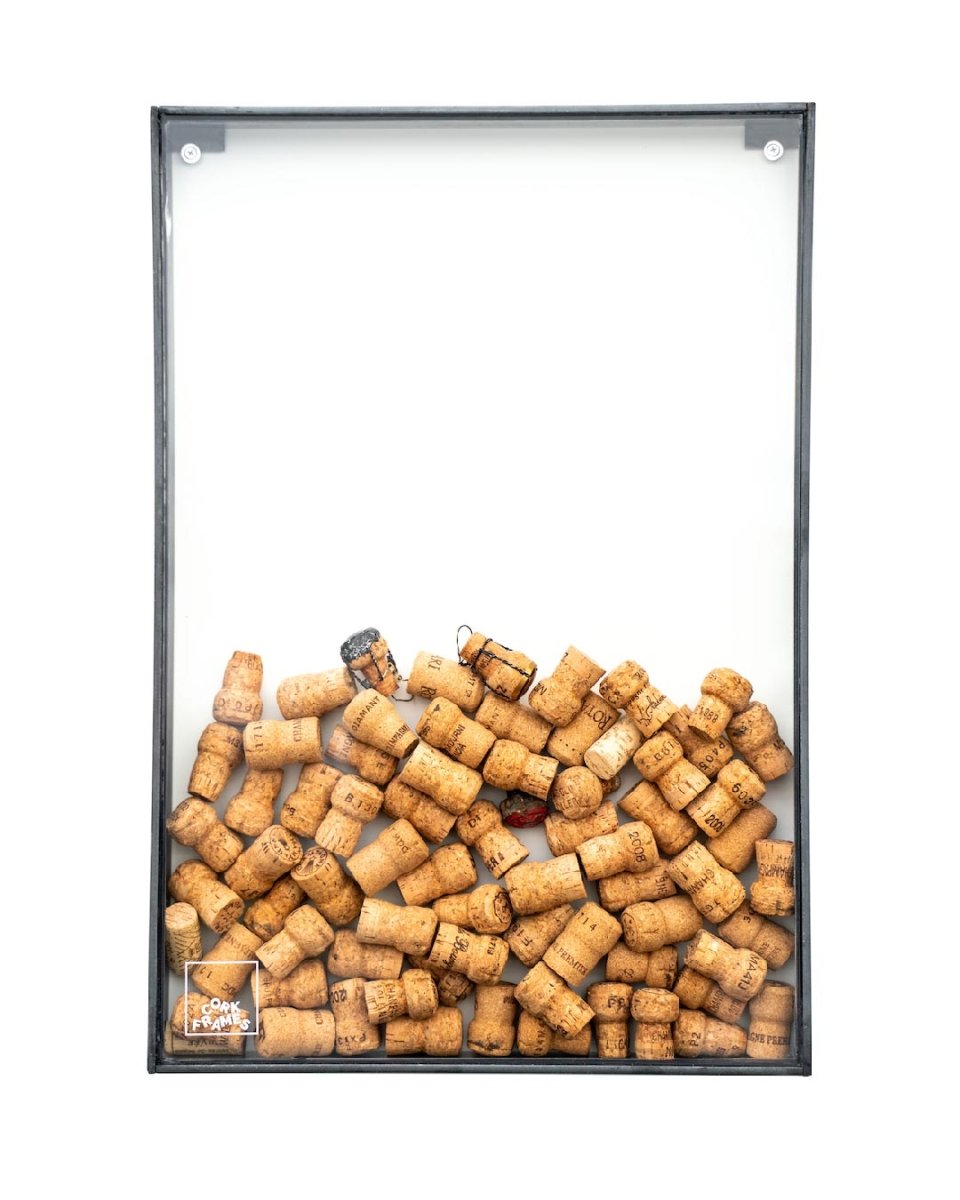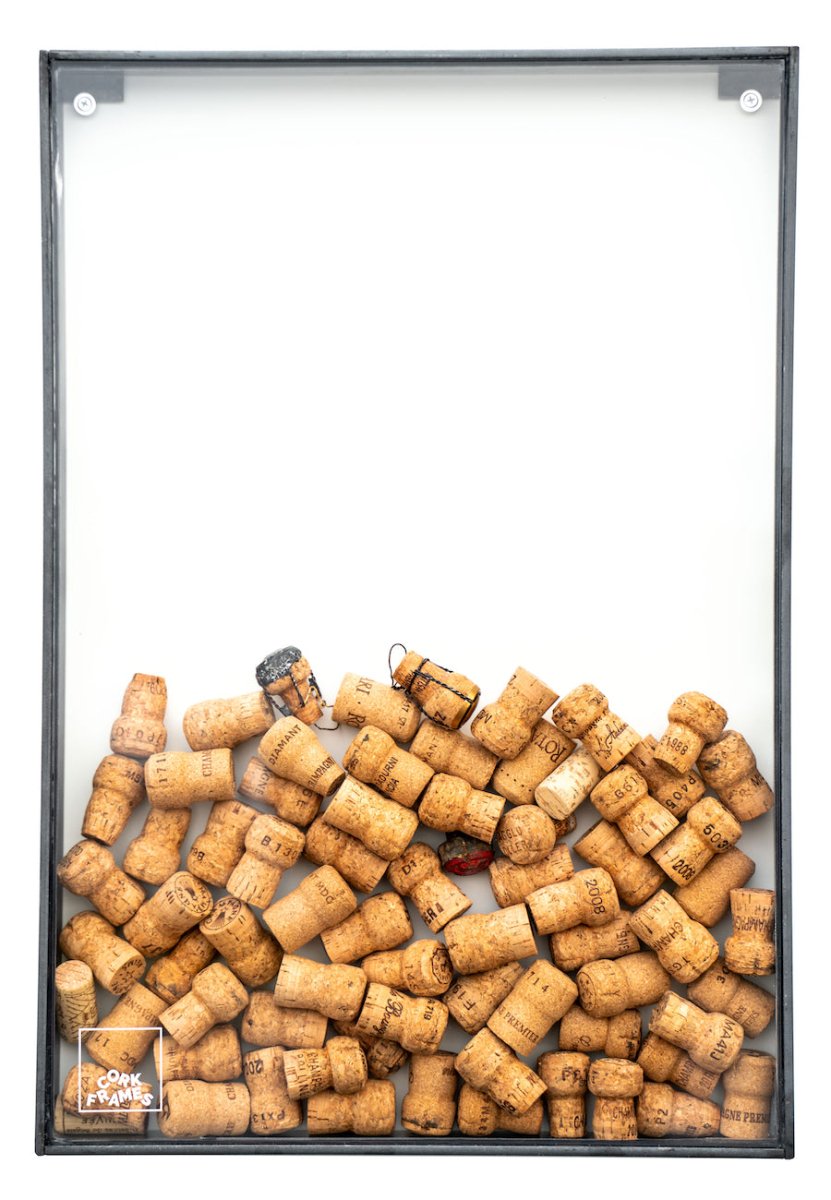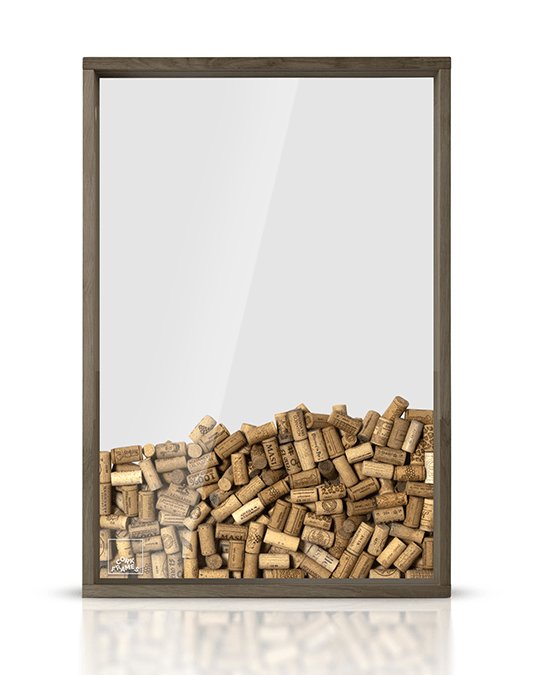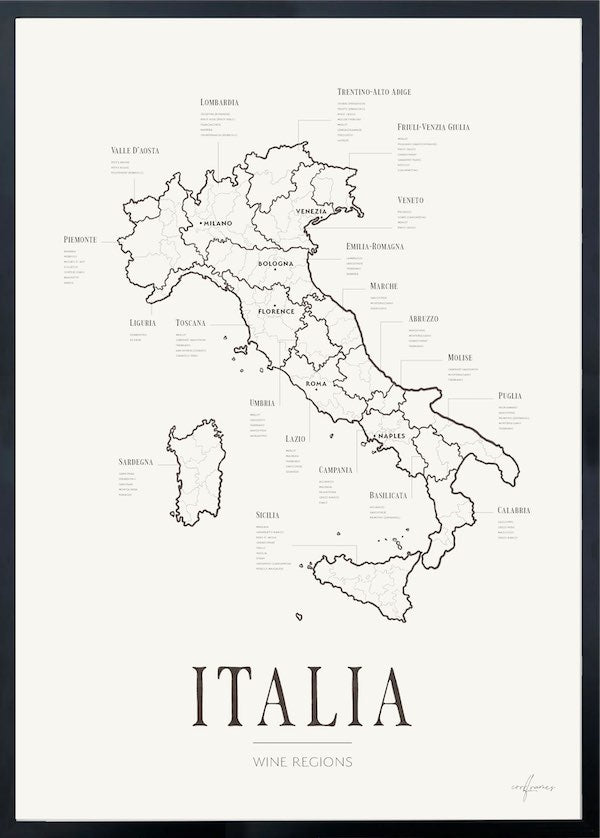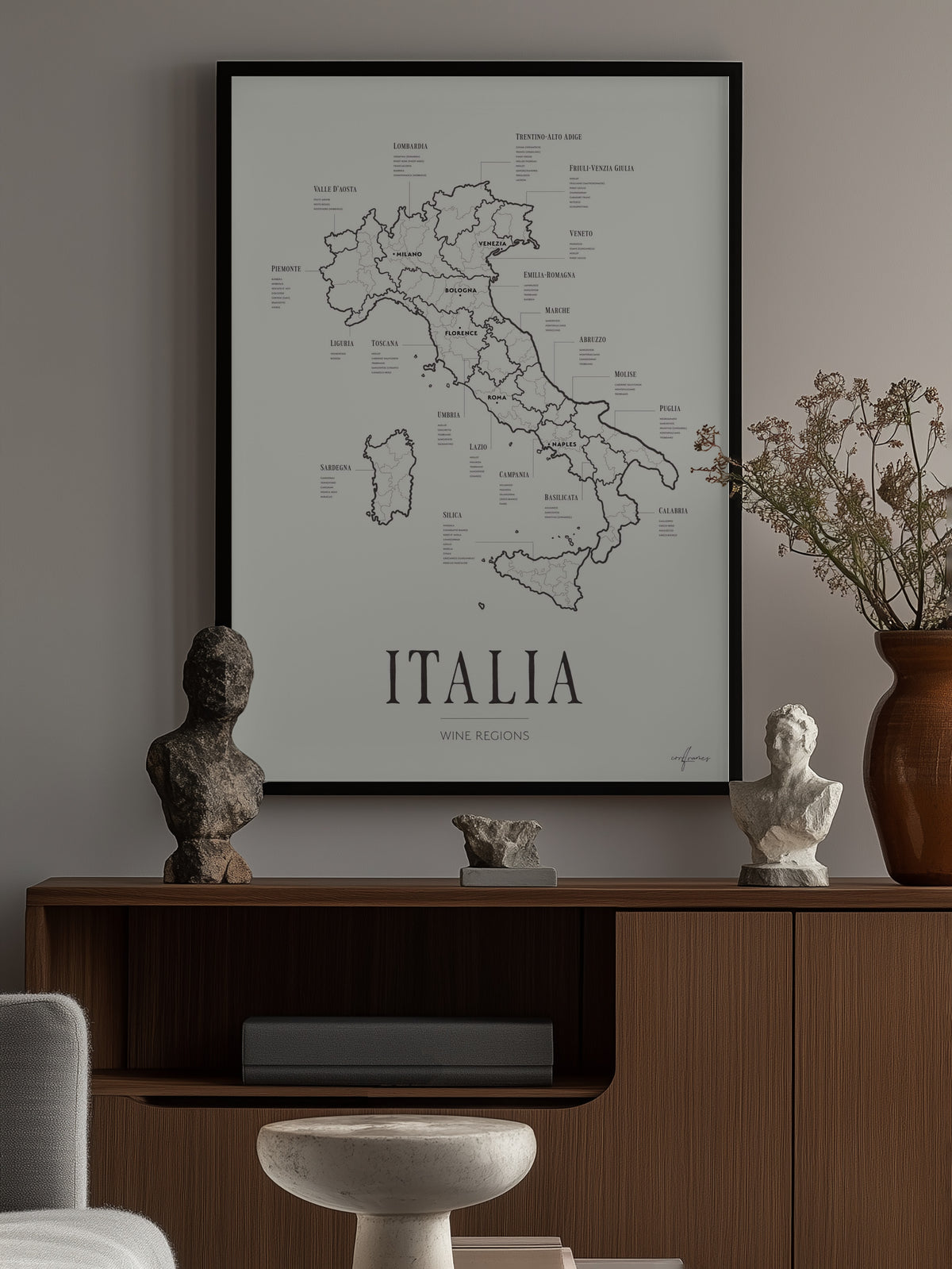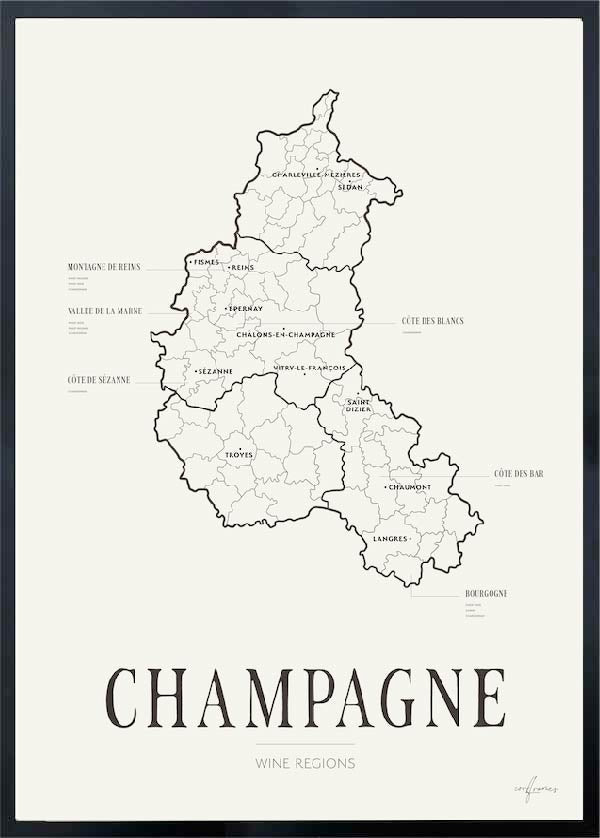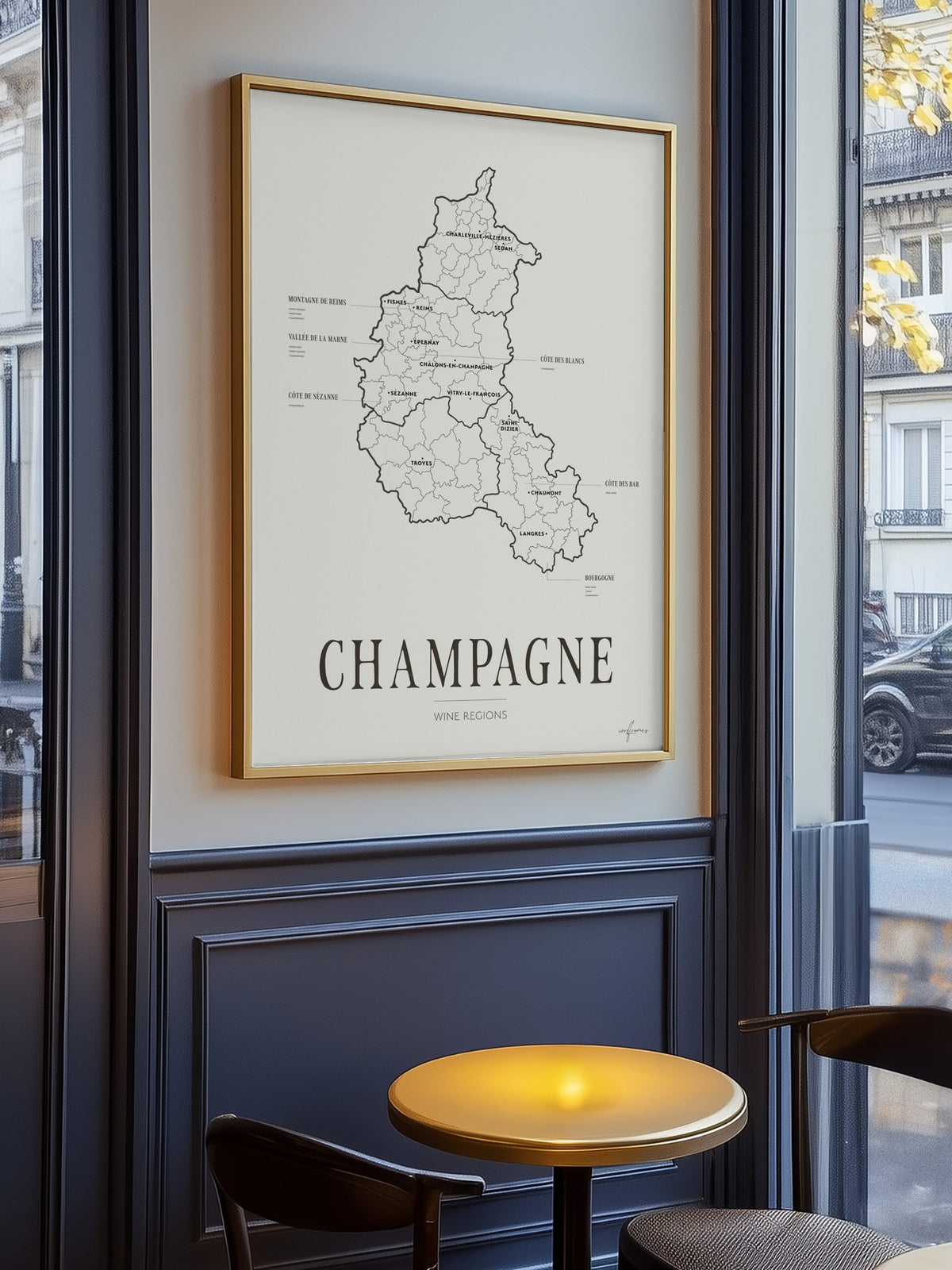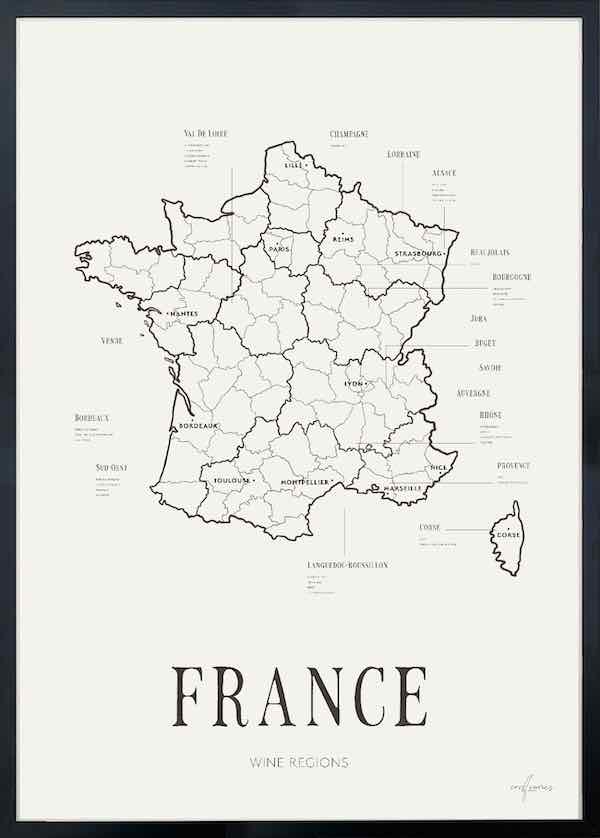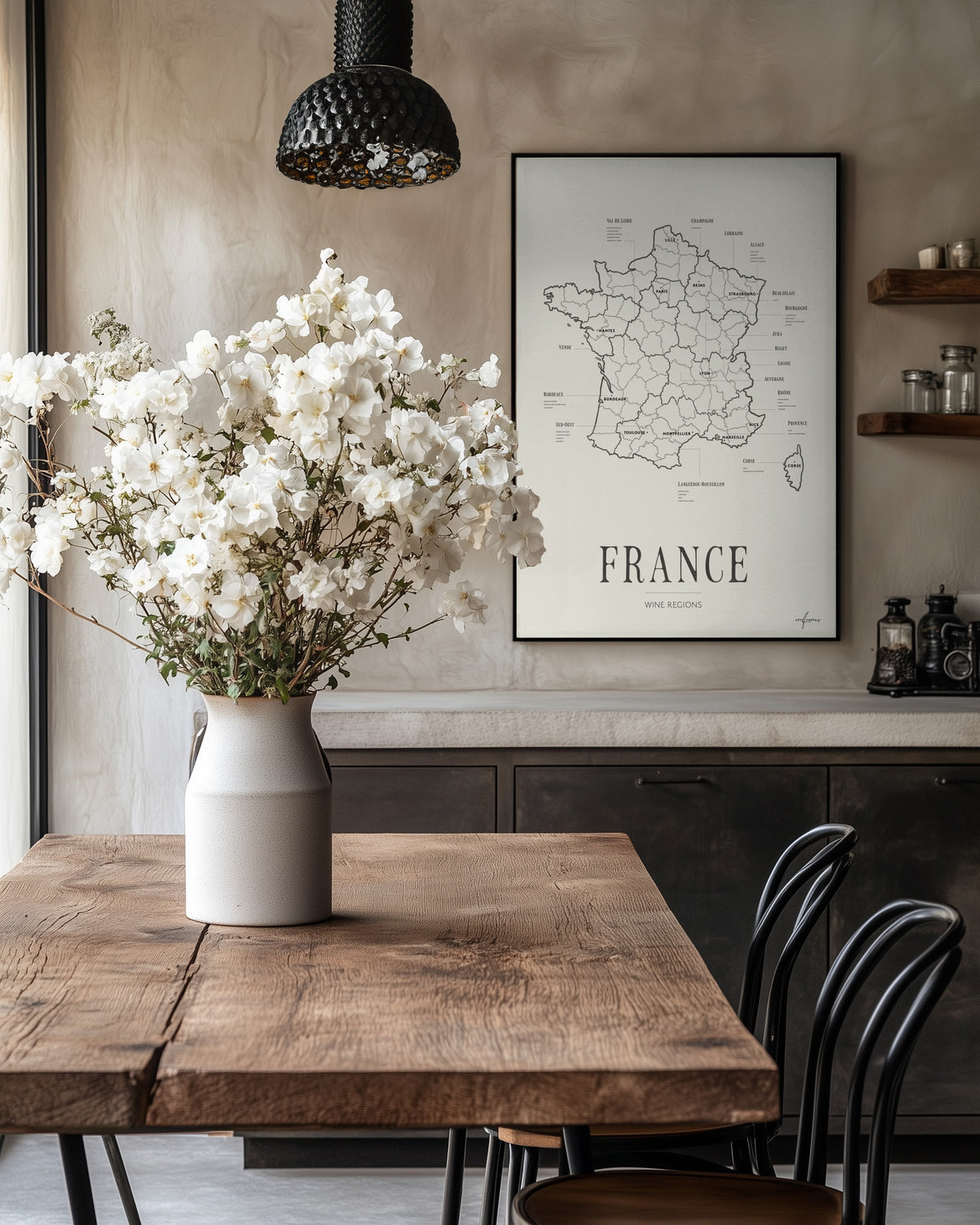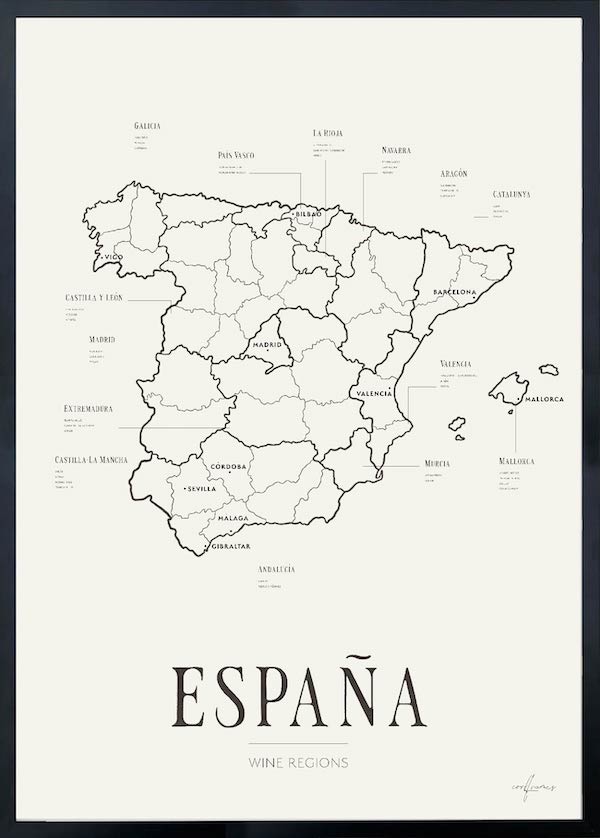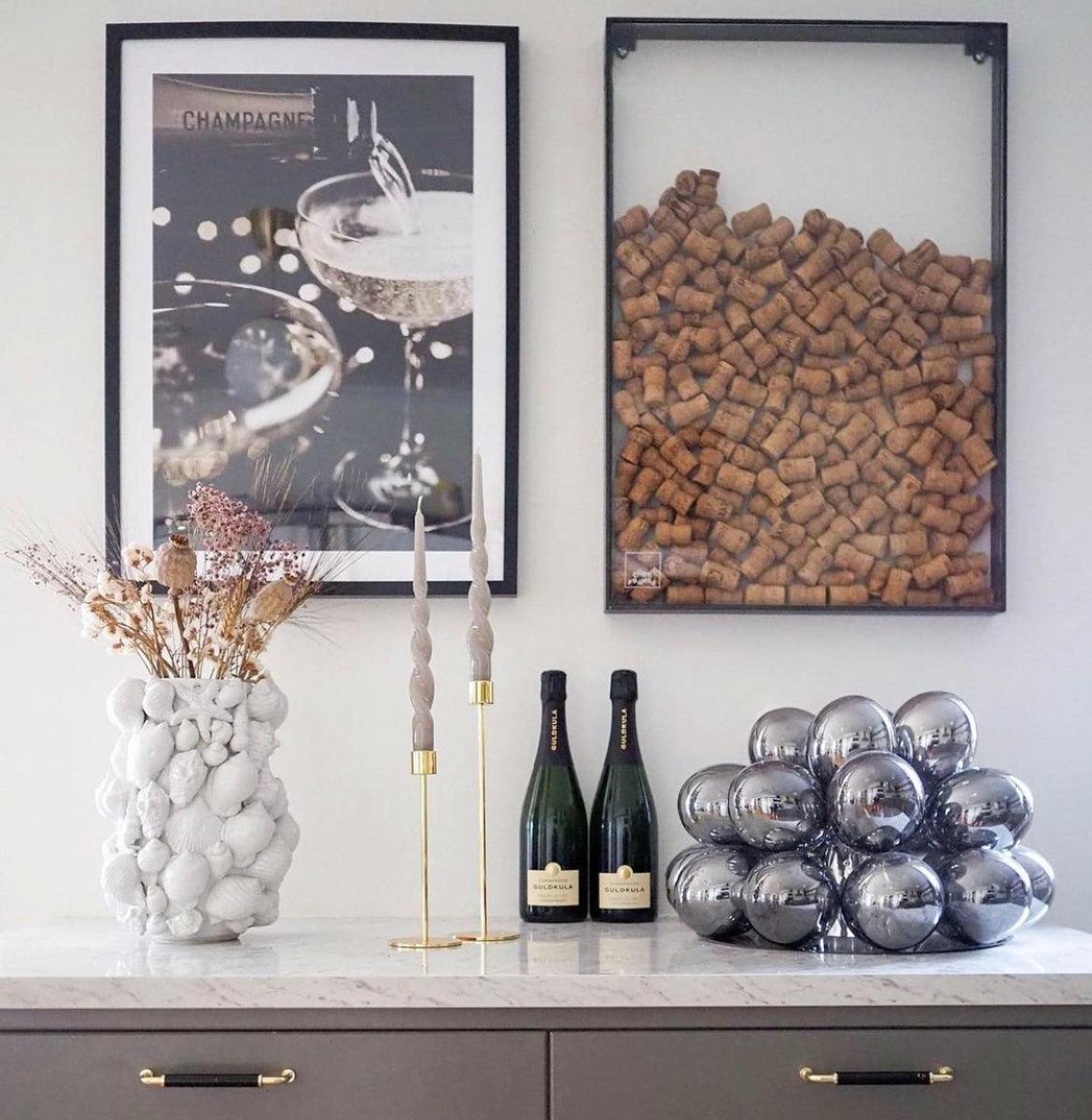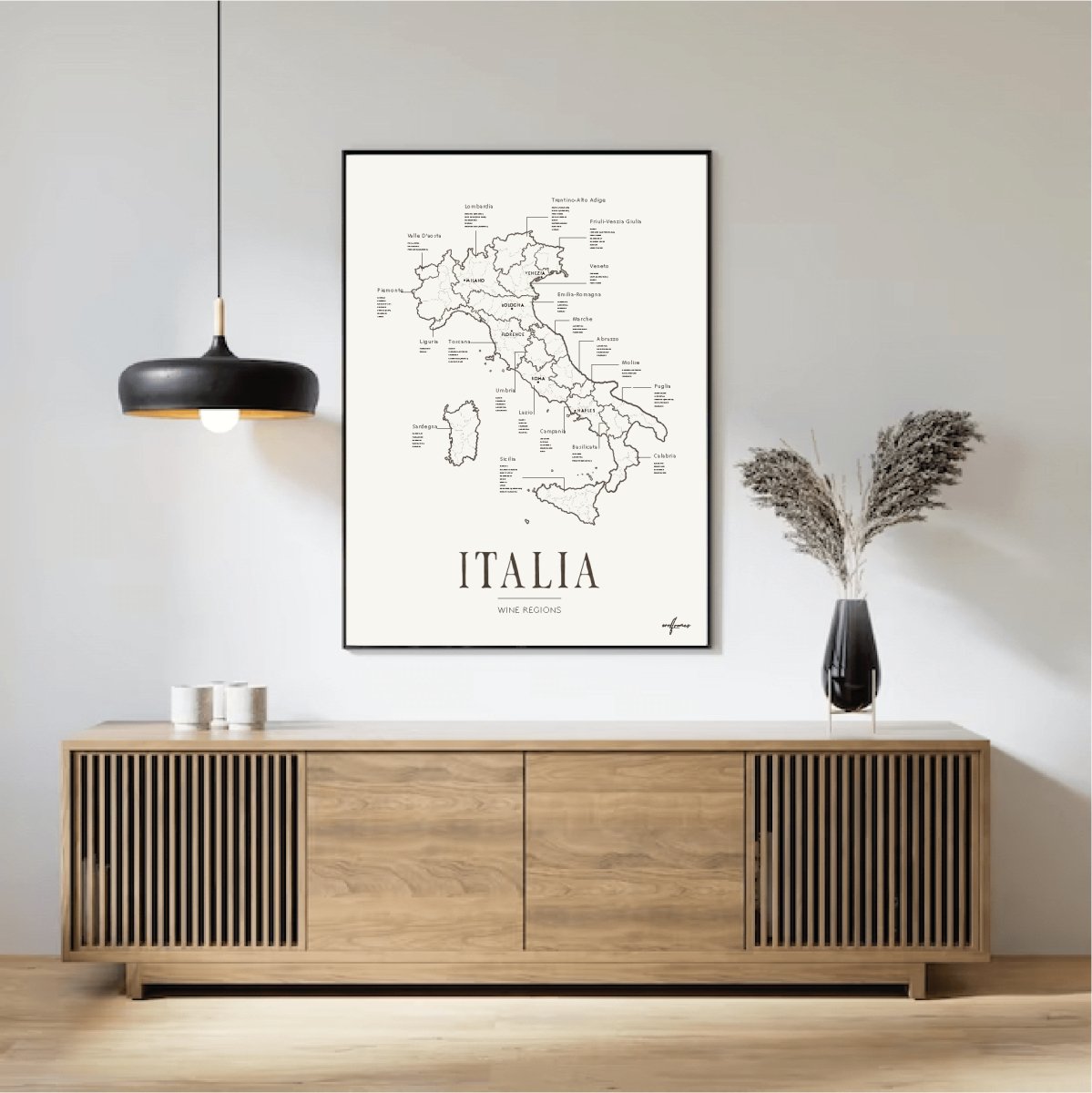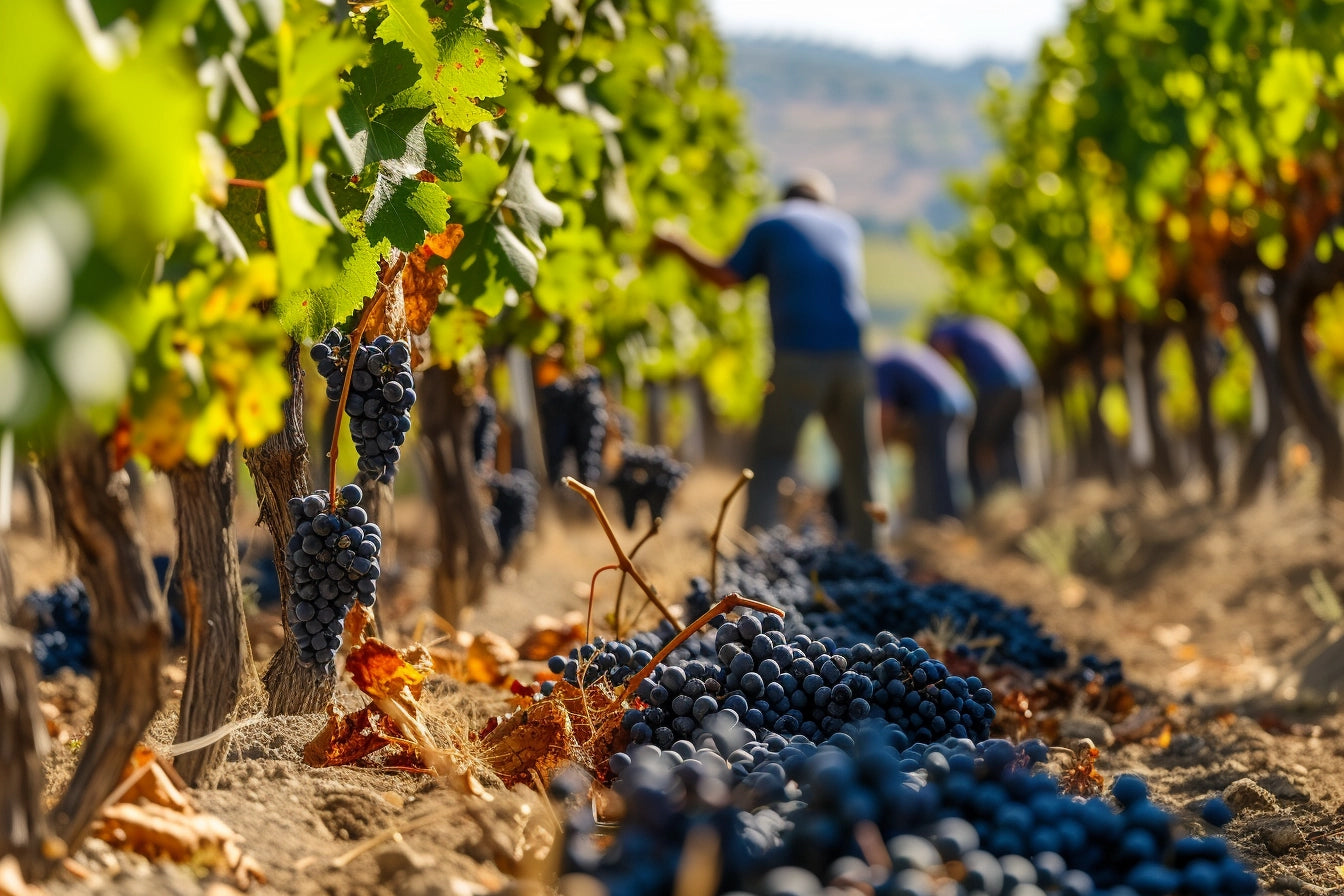Baron Bettino Ricasoli, often referred to as the "Iron Baron" for his unyielding spirit, is one of the most significant figures in the history of Italian wine.
Born in 1809 into one of Tuscany’s oldest noble families, Ricasoli not only played a crucial role in shaping modern Italy as a statesman and political leader but also revolutionized Italian winemaking, particularly in the Chianti region.
Early Life and Political Influence
Bettino Ricasoli was born into the noble Ricasoli family, whose lineage dates back to 1141, making them one of the oldest families in Italy. His childhood was marked by tragedy, as he was orphaned at the age of 18, inheriting the family estate, Castello di Brolio, and its vast vineyards. At that time, much of Tuscany was in political and economic disarray, but Ricasoli was not a man to sit idly by.
Driven by a deep sense of duty to his country, he became involved in politics and was a central figure in the movement for Italian unification. Known for his unyielding integrity, he was one of the closest allies of Camillo Cavour, Italy's first Prime Minister, and after Cavour's death in 1861, Ricasoli succeeded him as Prime Minister of the newly unified Italy. His political career earned him the nickname "Iron Baron" due to his firm, resolute leadership.
The Revolution in Chianti Winemaking
Though his political career was significant, Ricasoli’s lasting impact on history came from his deep passion for agriculture and winemaking. After years in politics, he returned to his family estate in the heart of Tuscany and began to dedicate his time to improving the quality of the wines produced there.
In the mid-19th century, the wines of Chianti were inconsistent and lacked any formalized recipe. Ricasoli believed that the land around Castello di Brolio could produce far better wines if a systematic approach was applied. He embarked on an extensive study of viticulture and enology, focusing on how different grape varieties, soil types, and winemaking techniques impacted flavor and quality.
In 1872, after many years of experimentation, Ricasoli published the first definitive recipe for Chianti wine, a blend that combined Sangiovese (the backbone of Chianti), Canaiolo, and a small amount of Malvasia. His innovation was recognizing that Sangiovese brought structure and acidity, while Canaiolo added softness, and Malvasia lightened the color and made the wine more approachable. This formula created a well-balanced wine that captured the essence of Tuscany and set the foundation for modern Chianti Classico.
The Legacy of the Iron Baron
Ricasoli’s work had a profound impact on the Tuscan wine industry. His careful blending of grapes and his commitment to quality transformed the reputation of Chianti from a rustic local wine to one recognized internationally for its excellence. The recipe he created would endure as the standard for Chianti production for over a century.
Beyond his influence on winemaking, Ricasoli's forward-thinking approach extended to vineyard management. He advocated for sustainable agricultural practices long before they became fashionable and promoted the idea that great wines are born in the vineyard, not the cellar.
Baron Bettino Ricasoli passed away in 1880, but his influence lives on. The Ricasoli estate, now led by his descendants, continues to produce some of the finest wines in Tuscany, still rooted in the values of quality, innovation, and tradition that the Iron Baron instilled.
A Legacy in Every Bottle
Today, Ricasoli's name is synonymous with excellence in winemaking, and every bottle of Chianti Classico that leaves Castello di Brolio carries a part of his remarkable legacy. His passion, discipline, and vision not only shaped the wine industry but also left a profound mark on the cultural and agricultural heritage of Italy.
Baron Bettino Ricasoli wasn’t just a winemaker or a statesman; he was a visionary who understood that wine, like history, is a blend of the old and the new, tradition and innovation, passion and purpose. His life reminds us that great wines, like great leaders, are defined not by their power but by their character, resilience, and dedication to excellence.

